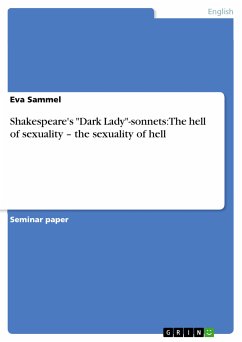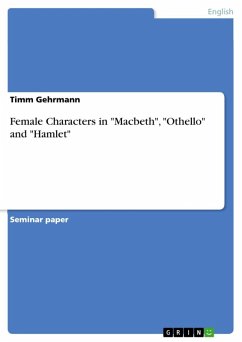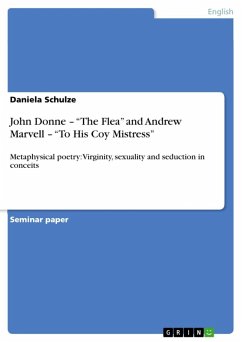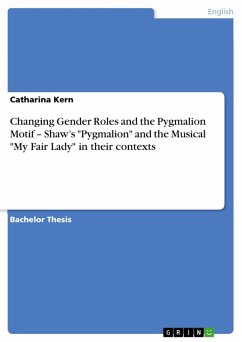Seminar paper from the year 2005 in the subject English Language and Literature Studies - Literature, grade: 2,3, Saarland University (Anglisitik), course: Proseminar: Shakespeare's Love Tragedies, language: English, abstract: 1. Introduction William Shakespeare's (1564-1616) collection of 154 sonnets belongs surely to one of the greatest and most famous ones, although there are many discrepancies about it; for example, discrepancies in authorship, composition, publication and contents. Shakespeare's 154 sonnets can be divided into two great sections: The first section contains the sonnets 1-126 which are addressed to a young man, obviously a very good friend of the author who appears again in the second section; and the poems from 127 to 152 are the so-called "dark lady" sonnets. The last two sonnets, 153 and 154, are about Cupid, the god of love, and revisions of an epigram of the Anthologia Graeca . This paper will have a closer look at the "dark lady" sonnets, at what they are about, why they are called this way and what it is that makes them so special. Furthermore, several important images that can be found again and again in these sonnets will be named and analysed, amongst others images of sexuality, hell, darkness, death, religion, illness and so on. There will also be a quick introduction why most people speak of Antipetrarchan sonnets in form and content.
Dieser Download kann aus rechtlichen Gründen nur mit Rechnungsadresse in A, B, BG, CY, CZ, D, DK, EW, E, FIN, F, GR, HR, H, IRL, I, LT, L, LR, M, NL, PL, P, R, S, SLO, SK ausgeliefert werden.









